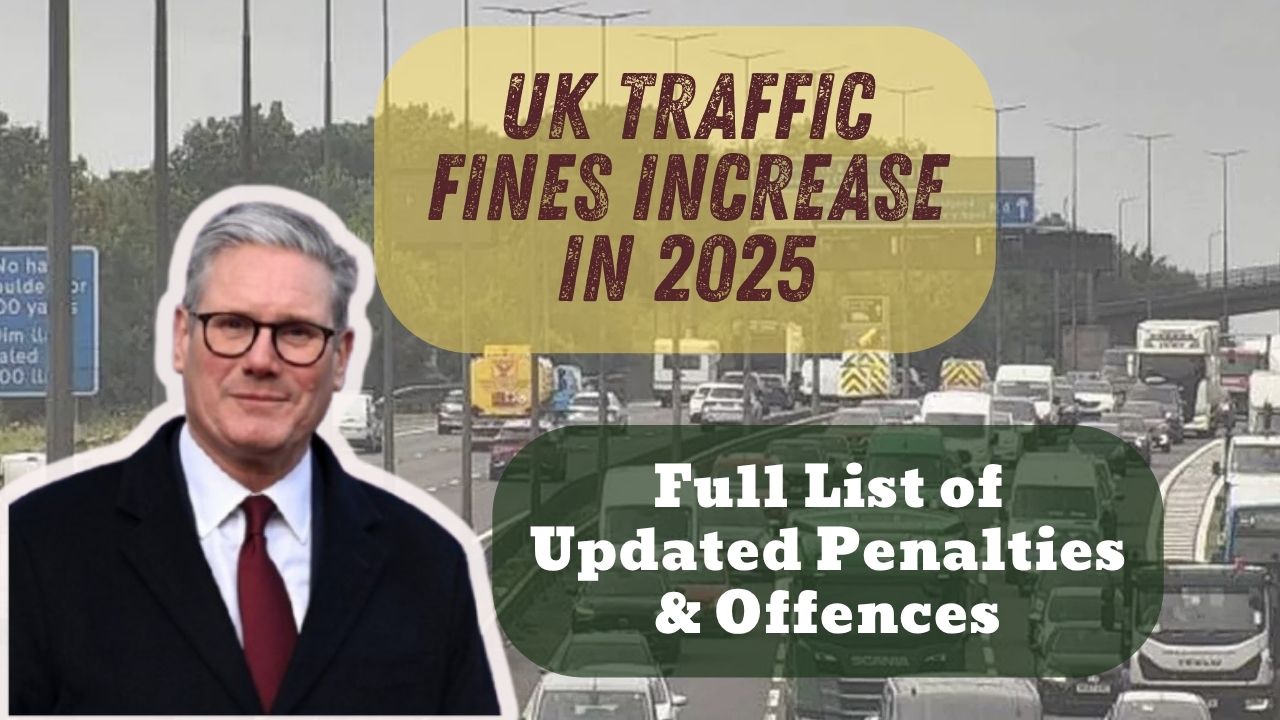There will soon be a significant shift that will affect lots of Americans. A completely new Medicare system will be implemented by 2026, requiring physicians to obtain authorization before administering specific medical procedures. The way the health program operates has changed significantly, according to many.

In order to reduce unnecessary care and manage the rising expenses of healthcare, the Centres for Medicare & Medicaid Services presented this strategy. However, there are issues over care delays and access, mostly for high-risk individuals. If you want to learn more about these significant changes to Medicare, read the entire post.
Millions on Medicare Could Lose Access to Key Treatments Starting 2026
Doctors in six states—Arizona, New Jersey, Ohio, Oklahoma, Texas, and Washington—will need this approval starting on January 1, 2026, before they may offer specific Medicare services. After submitting their requests, they have to wait for CMS to approve them. This is something that Medicare plans like Advantage already do, but it’s being tried extensively for standard Medicare for the first time. CMS states that this test aims to determine whether this approval step can save costs, increase the quality of treatment, and make prudent use of funds. This modification is in response to evidence that indicates Medicare spent approximately $5.8 billion on unnecessary care in 2022. By looking into it sooner, CMS hopes to prevent this waste.

You will have to pay more out of pocket, and there will be new price plans that offer automatic enrollment. New rules published by the CMS and provisions from the IRA have completely changed the situation. A significant change that many people discuss is the increase in the annual maximum out-of-pocket payment required for Medicare Part D, which covers prescription drugs. That amount was $2,000 in 2025. After rising to $2,100 in 2026, it will continue to rise annually in line with inflation. Even while there is still some protection from the exorbitant prices, seniors who already have to pay high medical expenditures may find this increase difficult.
Medicare’s Earthquake 2025 – Overview
| Article Title | Millions on Medicare Could Lose Access to Key Treatments Starting 2026: Here’s What Enrollees Need to Know Before |
| Department | Department of Health and Human Services (HHS) |
| Country | US |
| Recipients’ | Eligible citizens |
| Year | 2024 |
| Category | Government Aid |
| Official Portal | hhs.gov |
Major Medicare Changes Starting in 2026
The following major changes will happen in Medicare 2026:

Medicare Growth Advanced Enrollment
KFF stated in March 2025 that the percentage of Medicare enrollees signing up for a private Medicare Advantage plan has more than doubled since 2010. According to the Congressional Budget Office, by 2034, almost two-thirds of all Medicare users will be enrolled in Medicare Advantage programs instead of basic Medicare. Possible cost reductions as well as the addition of dental care, Health Savings Accounts, and pharmaceutical benefits—all of which are frequently included in private plans—have all contributed to this development. The Trump administration may also seek initiatives to encourage more enrollment in private plans, according to KFF, since existing trends are predicted to continue.

Medicare Advantage Plan Changes
Certain benefits, including dental care and transportation, that are included in many Medicare Advantage plans may be reduced in 2026 as the companies that offer these plans search for ways to reduce costs to offset increases elsewhere. Special Supplemental coverage for the Chronically Ill, or SSBCI, which customizes coverage for certain medical conditions, may also have limits for enrollees in Medicare Advantage plans. CMS has established a list of goods and services that it will not cover or include because they are considered to be unrelated to health or do not meet the requirements for preserving or enhancing function or health. Products containing cannabis, unhealthy diet, life insurance, funeral arrangements and costs, and cosmetic operations are a few instances.

Medicaid Changes can Impact Medicare Recipients
Despite being two distinct systems, Medicare and Medicaid do have some areas of overlap, which are typically more noticeable in underserved and rural areas of the nation, according to Barbara Hopkins, a licensed agent and Medicare educator from Maine. Hopkins points out that in addition to changing who is eligible for Medicaid, the “One Big Beautiful Bill Act,” a significant budget reconciliation package, could also potentially have detrimental effects on Medicare beneficiaries. Hopkins notes that 10 out of the 24 rural hospitals that are still in operation in Maine, for instance, face a serious danger of closing right away.
That amounts to 42% of hospitals in rural areas. A significant percentage of the elderly and low-income residents of Maine, a large, sparsely populated state, depend on Medicare and Medicaid for medical care. Hopkins points out that although the current state of affairs is concerning, there is “room for innovation” in terms of figuring out how to enhance aspects of Medicare and Medicaid in order to discover cost savings and efficiencies without endangering the viability of rural hospitals.

Medicare Part D Changes
Another program that might be discontinued in 2026 is the Part D Premium Stabilization Demonstration, which is a one-year program with an optional annual extension of up to two years. A 2026 extension has not yet been mentioned, but this program helped beneficiaries avoid an expected increase in Part D rates for 2025. Part D prescription drug coverage plans may become extremely expensive if it is not renewed, and some Part D plans may completely leave the market, as was the case in 2025. In addition, beneficiaries may be forced into Medicare Advantage plans due to cost constraints rather than choice. “It is simply more cost-effective; it does not necessarily mean that it is the best choice for them.”
Who will be Affected by These Changes?
First, this change will be felt by patients and healthcare providers in six states, as previously stated. It might become a national phenomenon if it succeeds. In addition to doctors having extra paperwork to do, patients may have to wait longer for once-quick treatments. According to experts, the financial goal is sound, but there may be problems. “The bureaucracy of prior authorization is a real concern that it will delay access to care for some patients, especially older adults with urgent needs,” stated a Kaiser Family Foundation health policy analyst.
FAQs
Who is affected most by these Medicare changes?
Low-income individuals who have limited resources, especially those who have previously had difficulties affording premiums.
When will these Medicare changes apply?
By 2026, these Medicare changes will be applied to US Medicare plans.
Who will manage the US Medicare?
The Department of Health and Human Services will manage the US Medicare.





